Culture in Moldova
Discover Moldovan culture
Moldovan culture is a rich mosaic of traditions, customs and culinary delights. At the heart of this culture is Moldovan cuisine, known for its versatility and use of fresh, local ingredients, as well as the traditional festivals and customs that mark the wheel of the seasons and important life events.
These elements together promote a deep understanding of the Moldovan way of life and emphasise the importance of hospitality and togetherness in Moldovan society.
Moldavian cuisine
Moldovan cuisine is characterised by its rich variety, the use of fresh local ingredients and the influences of neighbouring countries such as Romania. It skilfully combines sweet and savoury elements, emphasises the importance of meat and vegetables and reflects a deep tradition of hospitality.
5 typical dishes from Moldova
Here are typical dishes that you can find in Moldovan cuisine:
1. Plăcinte
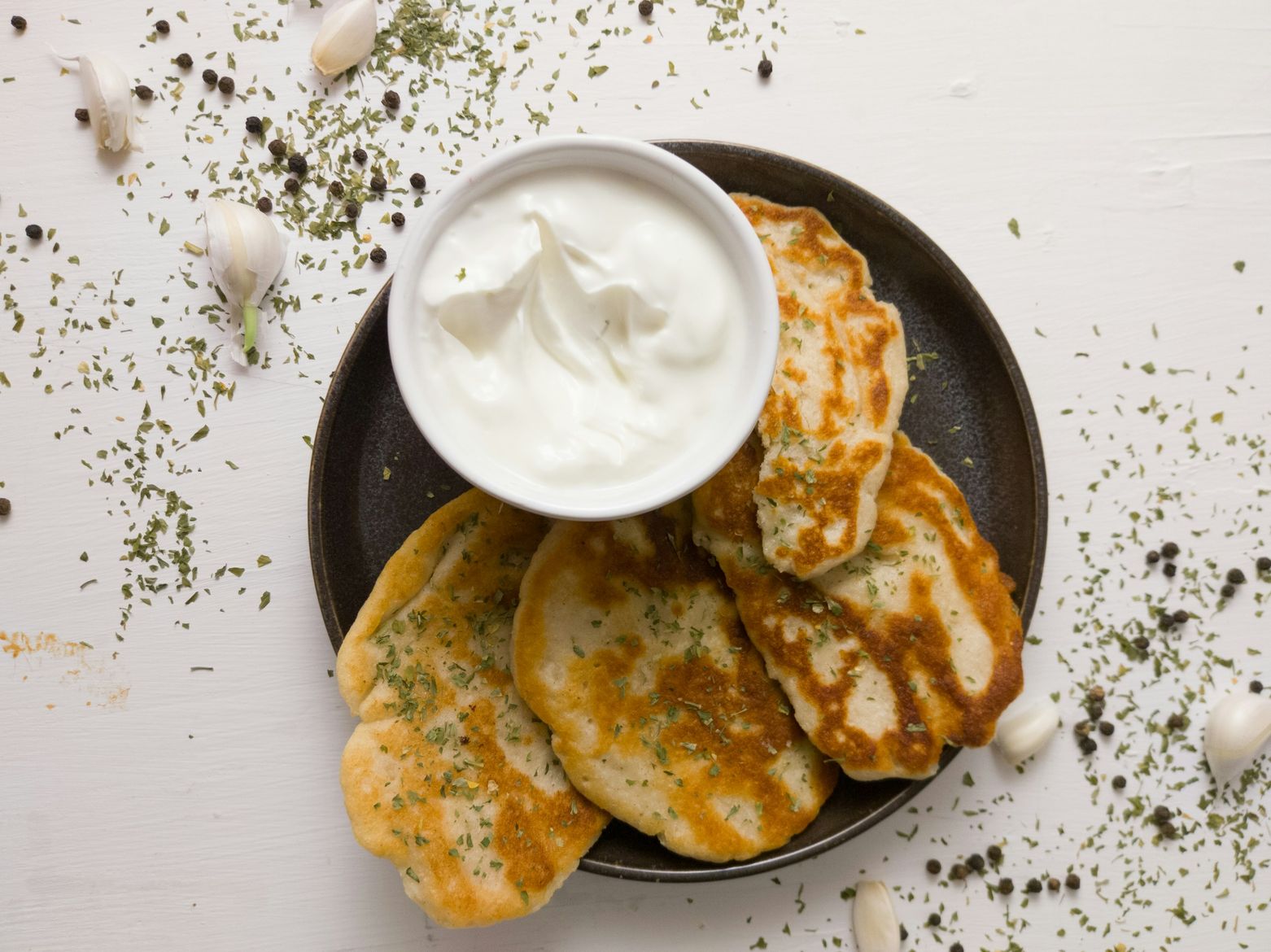
Plăcinte are a traditional Moldavian pastry that can be filled with both savoury and sweet fillings. Popular fillings include cheese, potatoes, sauerkraut or apple. The dumplings are usually baked or fried and are an integral part of Moldovan cuisine. They are appreciated for their versatility and delicious flavour.
2. Zeamă
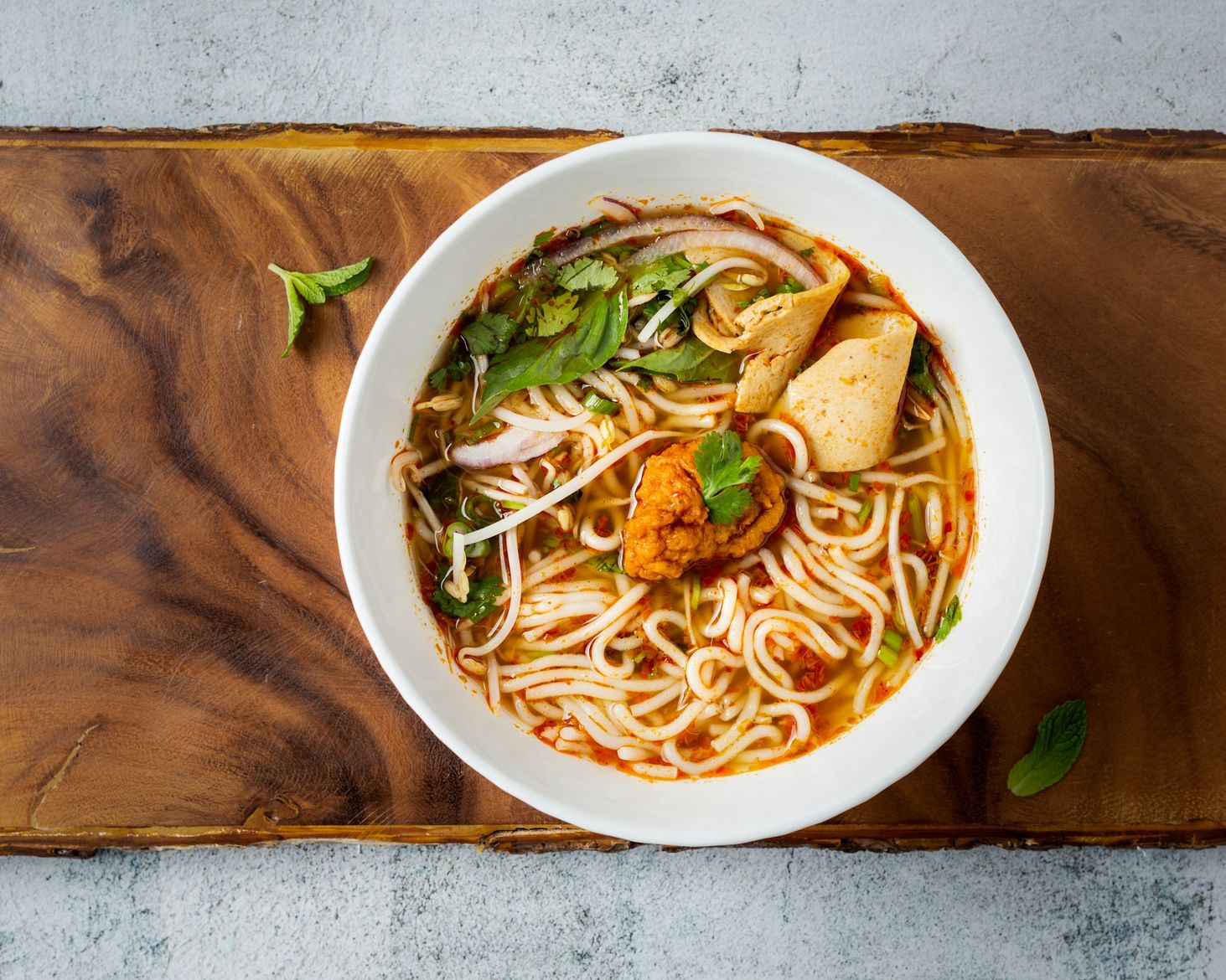
Zeamă is a classic soup of Moldavian cuisine, known for its clear, invigorating flavour. It is based on a broth, usually made from chicken, and is enriched with noodles or dumplings, carrots and parsley. Zeamă is considered beneficial and is often used as a remedy for colds.
3. Pârjoale moldovenești
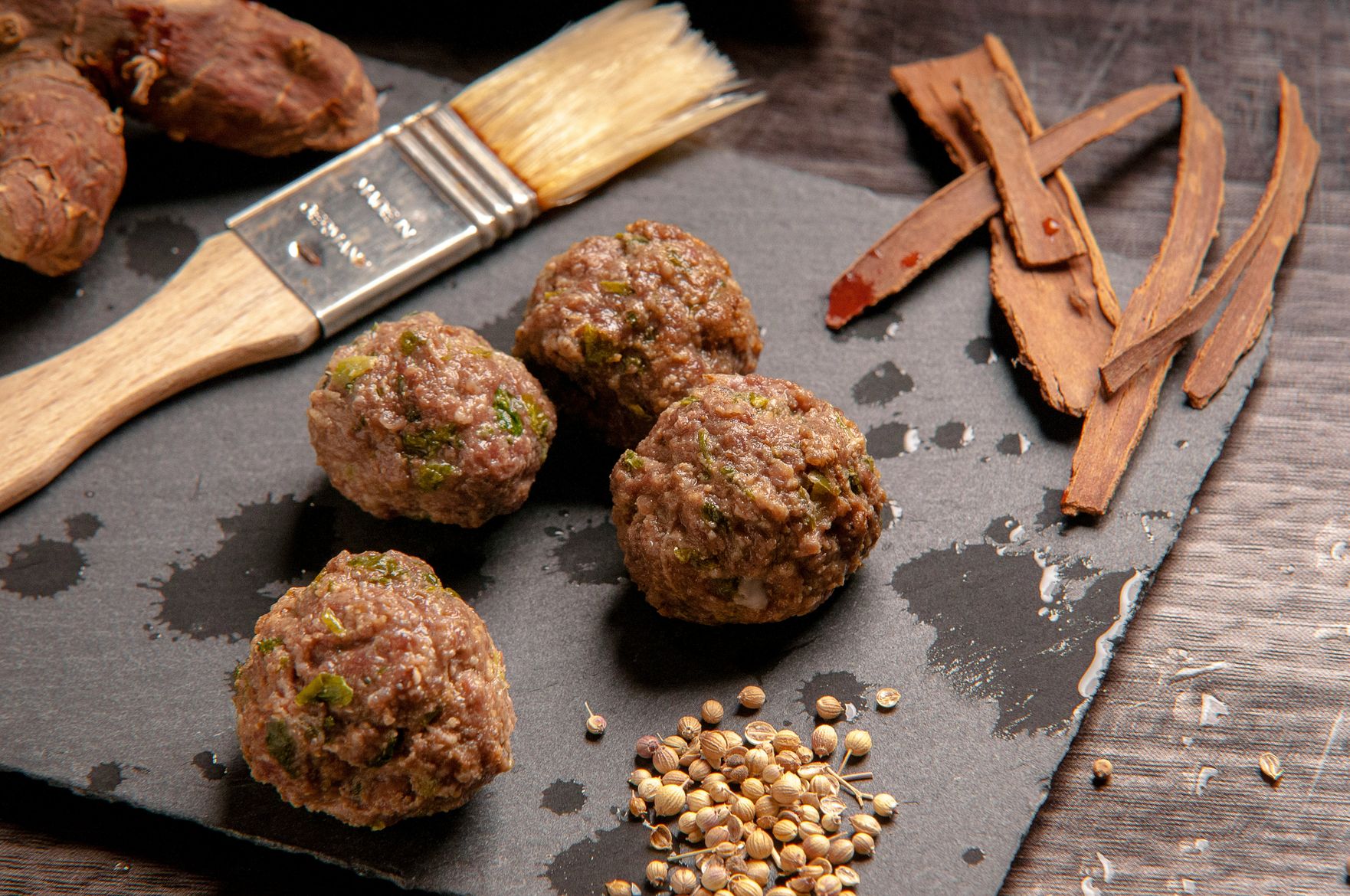
Pârjoale moldovenești, Moldovan meatballs, are a popular speciality characterised by their juicy consistency and aromatic seasoning. They are traditionally prepared from a mixture of minced meat, onions, garlic and fine herbs and fried or baked.
Pârjoals are a savoury treat that is often served with side dishes such as mămăligă, a firm porridge made from corn semolina.
4. Friptură moldovenească
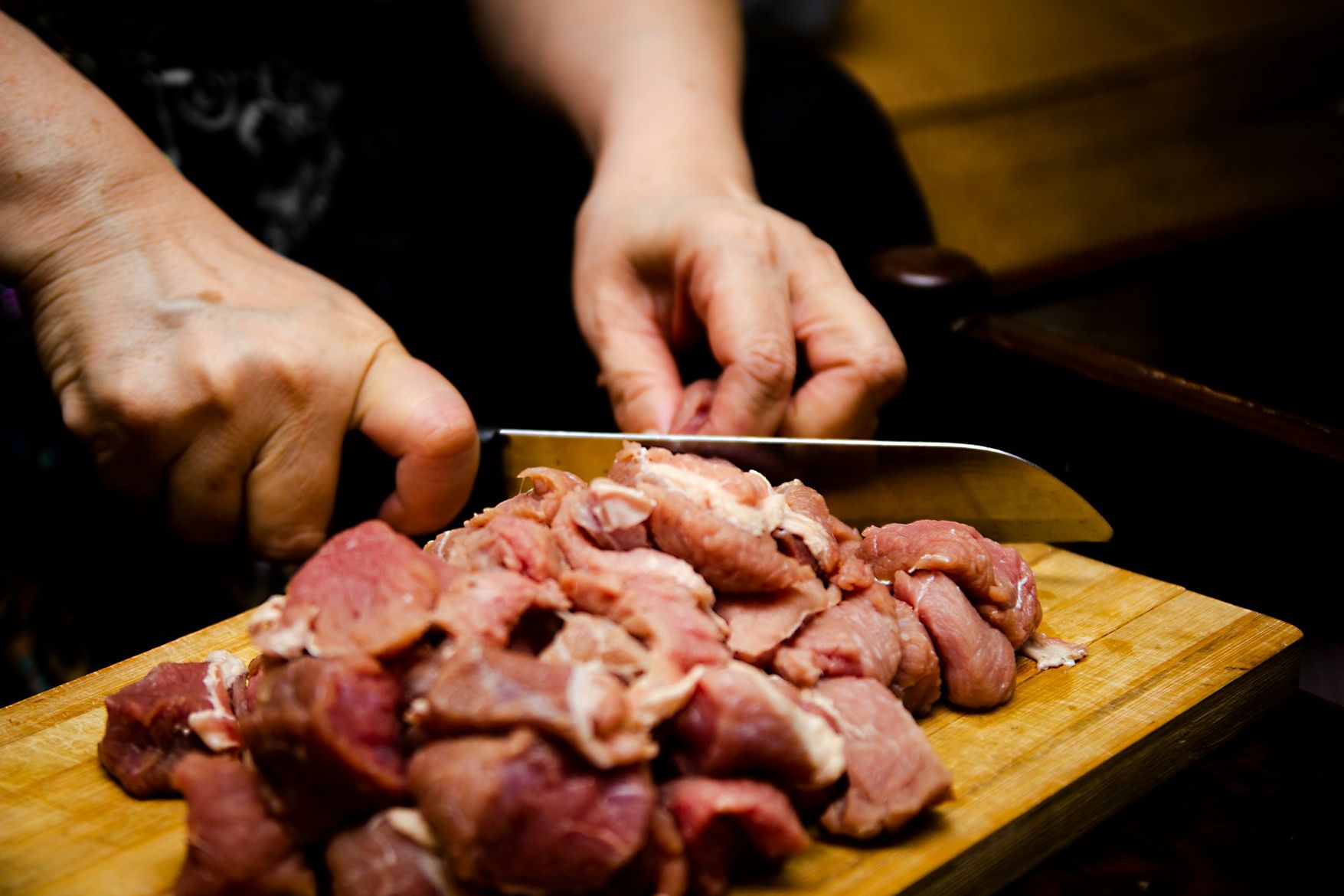
Friptură moldovenească is a traditional Moldovan roast dish consisting of carefully seasoned and slow-roasted meat. Typically, beef, pork or lamb is used.
The method of preparation emphasises the natural flavours of the meat and gives it a tender, juicy texture. Friptură is often served with side dishes such as jacket potatoes or fresh vegetables.
5. Pelmeni moldovenești
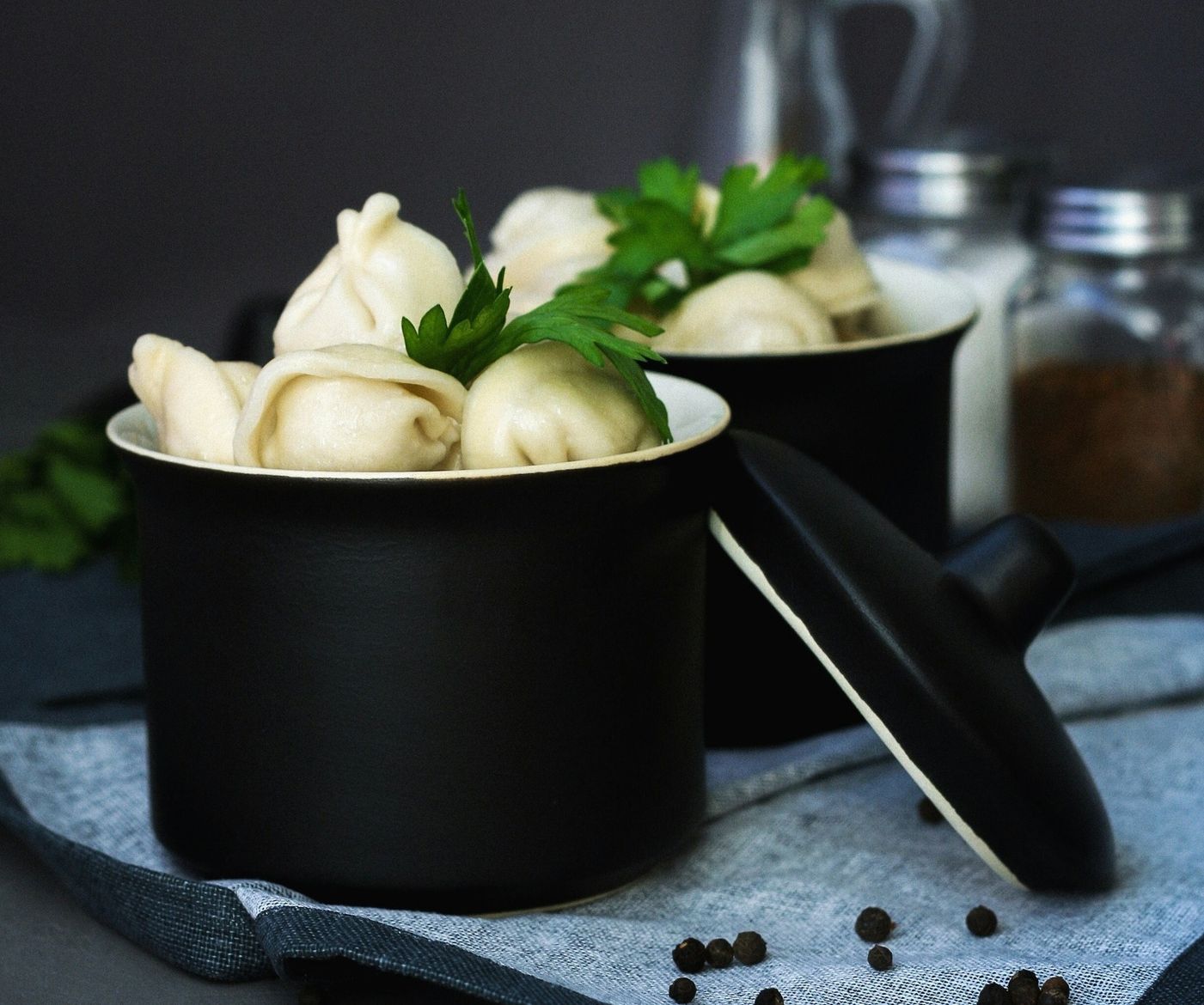
Pelmeni moldovenești are a Moldovan variation of the classic Russian dumplings, filled with a flavourful mixture of meat and spices. They are traditionally boiled or fried in broth and served with sour cream or vinegar. These delicious little parcels are a favourite part of Moldovan cuisine and offer a hearty, satisfying treat.
Drinks
Drinking culture in Moldova is closely linked to social traditions, with hospitality and the sharing of drinks playing a major role in family and social gatherings. Wine tastings and visits to wine cellars are an essential part of Moldovan culture and offer an insight into the country's rich history and traditions.
Viticulture
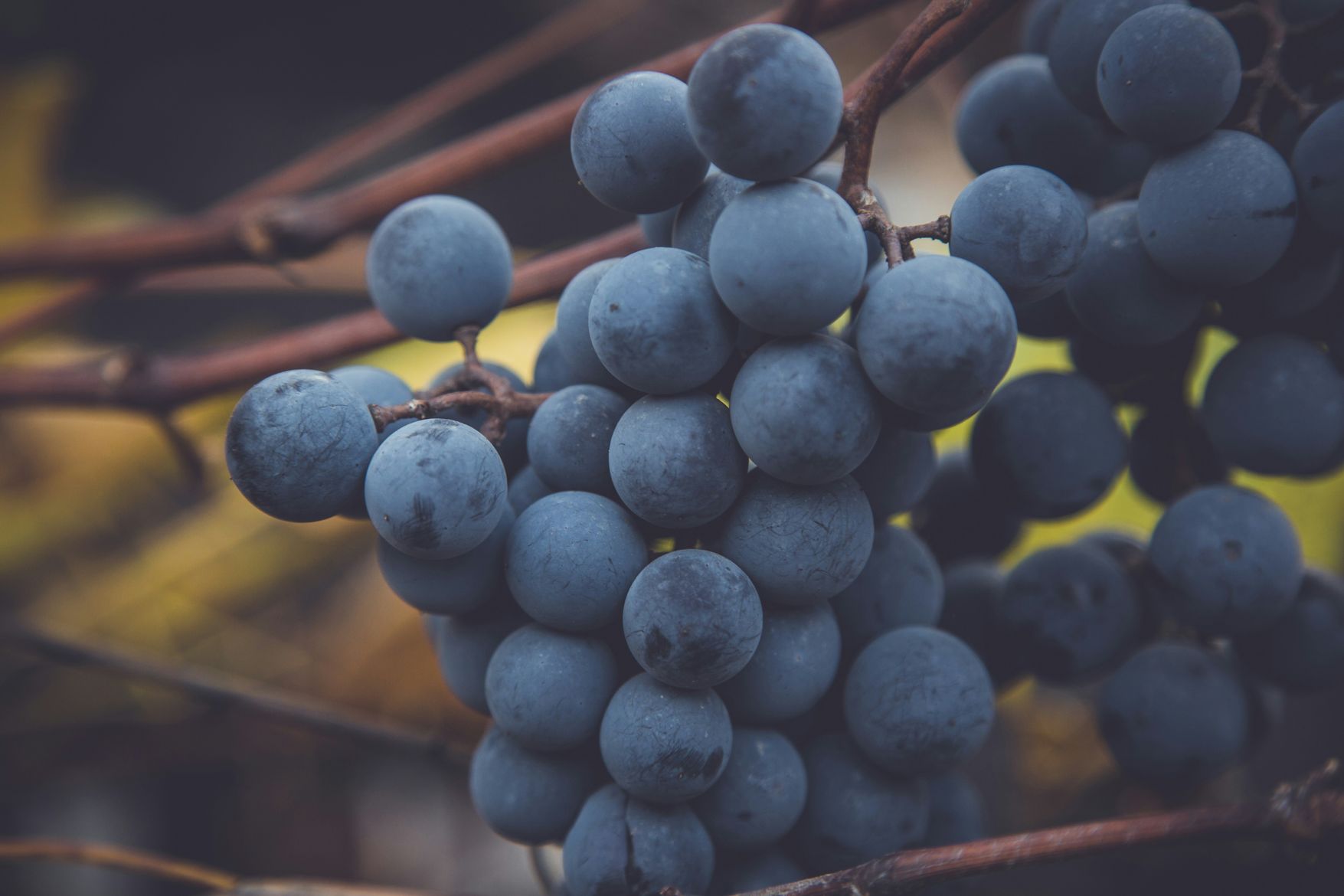
Moldova is known for its excellent wines and can look back on a wine-growing tradition dating back thousands of years. The country has several renowned wine regions that produce a wide range of red, white and sparkling wines.
Wine festivals and wine tours are popular activities. The two walk-in and drive-in wine cellars Milestii Mici and Cricova are particularly popular.
In addition to commercial wines, many families produce their own wine, including fruit wines made from apples, cherries or berries.
Moldavian herbal tea
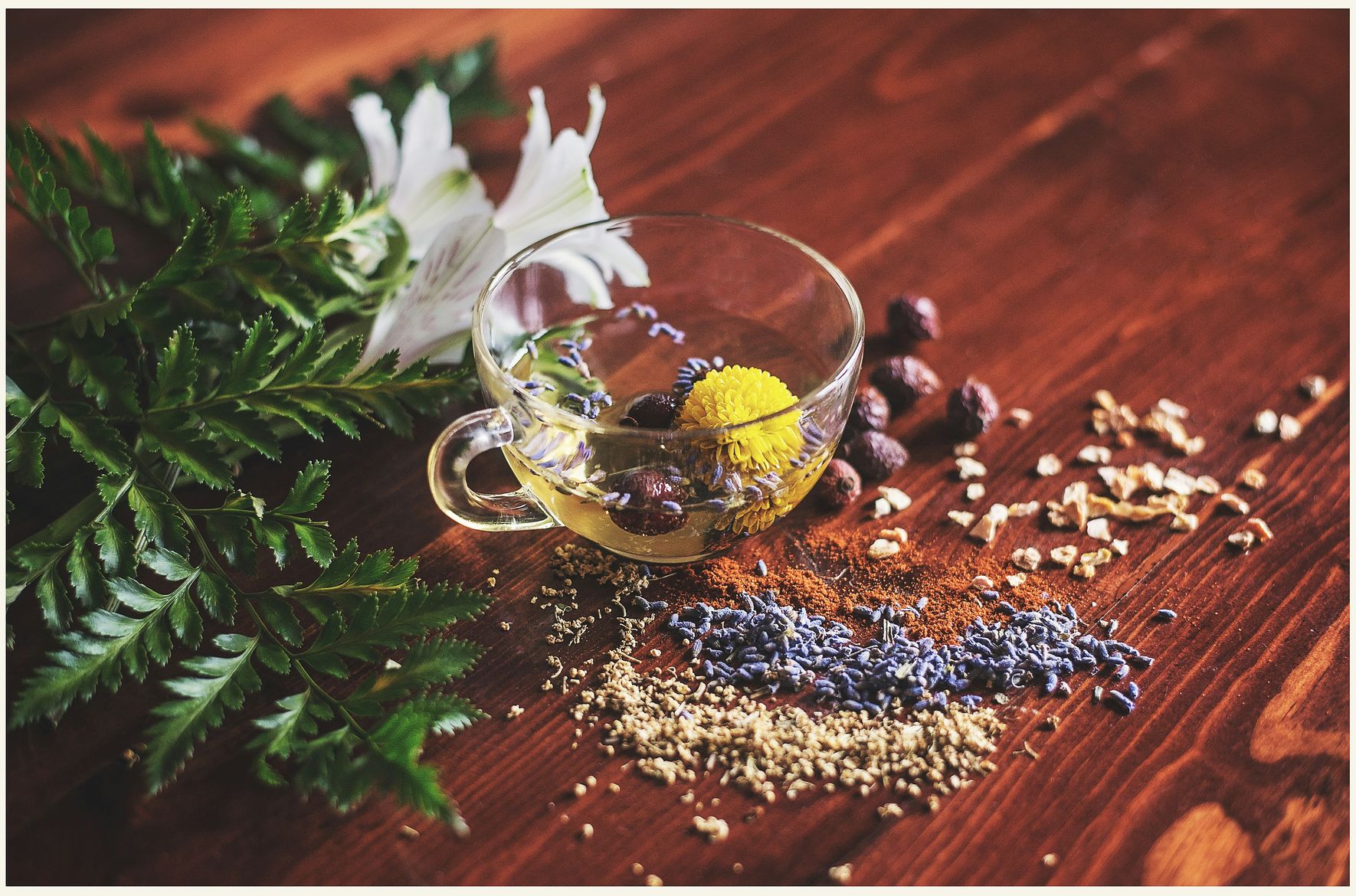
Moldovan herbal tea is a reflection of the country's rich flora, consisting of a variety of local herbs and flowers. The teas are valued for their aromatic properties and health benefits and are an integral part of Moldovan culture. They are traditionally enjoyed to promote relaxation and support well-being.
Traditional festivals and customs
Moldova, with its rich cultural history and diverse traditions, celebrates a number of traditional festivals and customs that reflect the cultural heritage and way of life of its people.
Ziua Vinului (Wine Day)
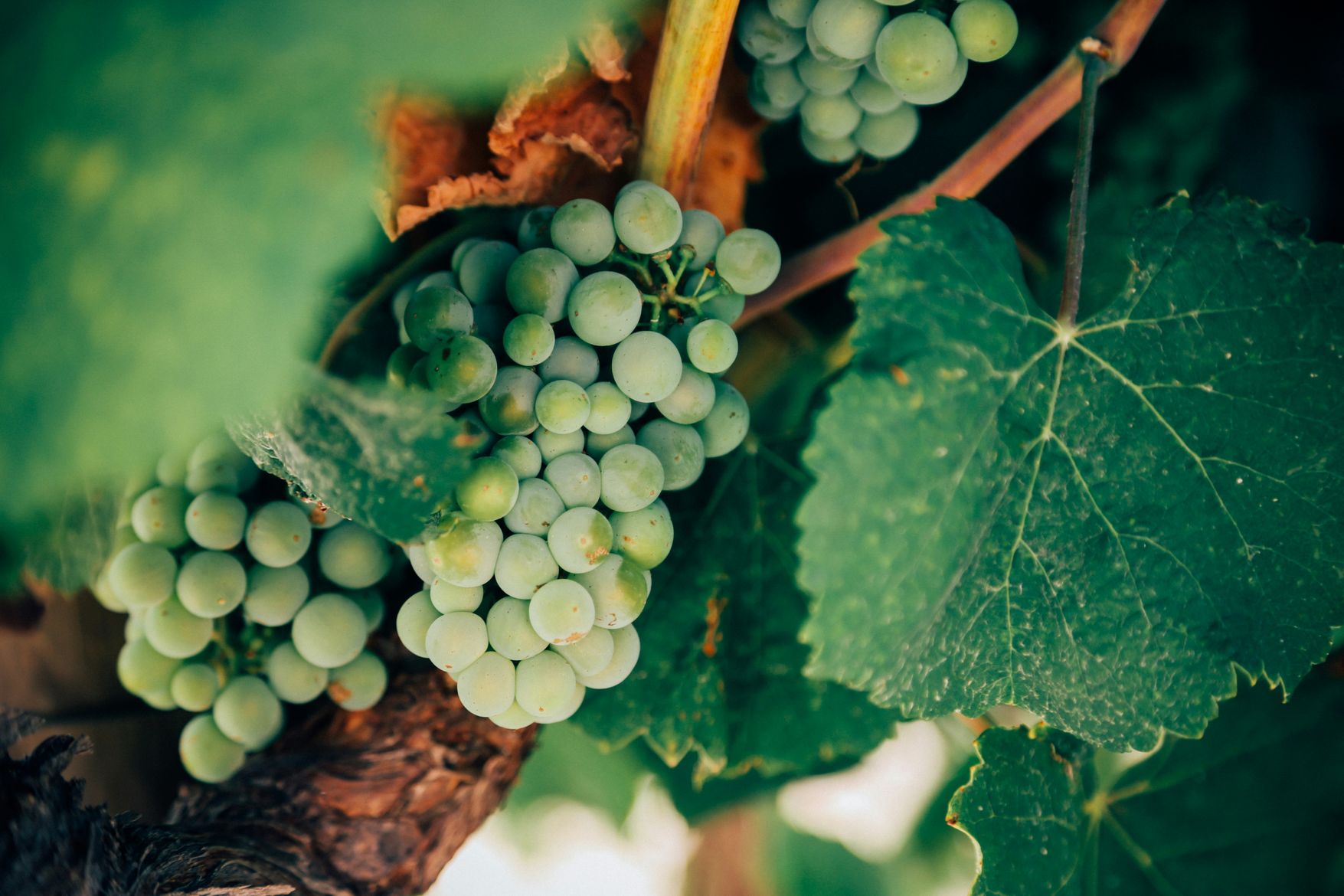
The "Day of Wine" Ziua Vinului is celebrated on the first weekend after the grape harvest in October. It is a tribute to Moldova's long winemaking tradition. Winegrowers and wineries open their doors to visitors to taste new and old vintages. Ziua Vinului is a celebration of music, dance and, of course, wine.
Paștele (Easter)
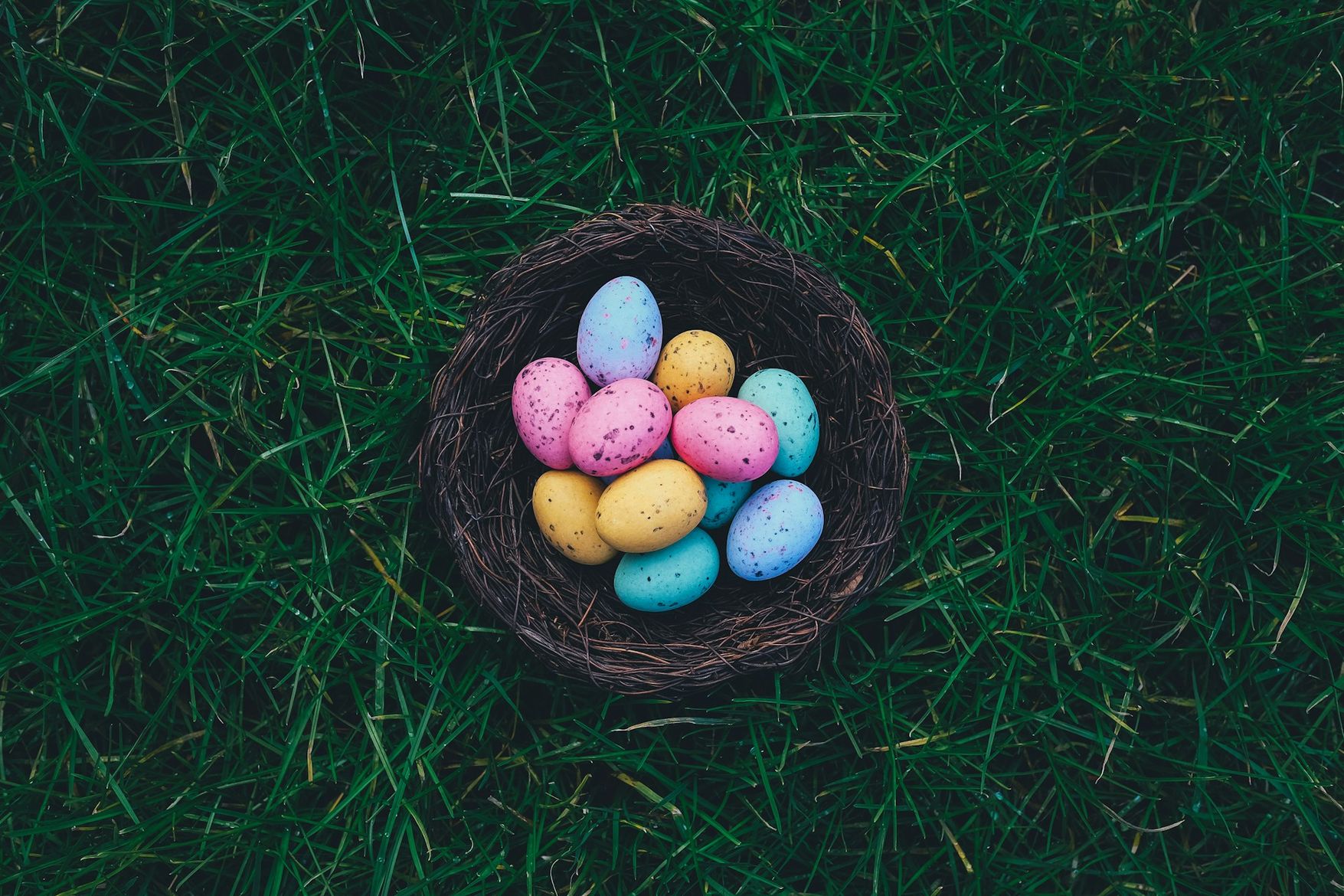
Easter Paștele is one of the most important Christian festivals in Moldova. Easter is celebrated with church services, the colouring of eggs and large family meals. Traditional dishes such as pasca, a sweet bread filled with cheese, play a central role in the Easter feast.
Crăciunul (Christmas)
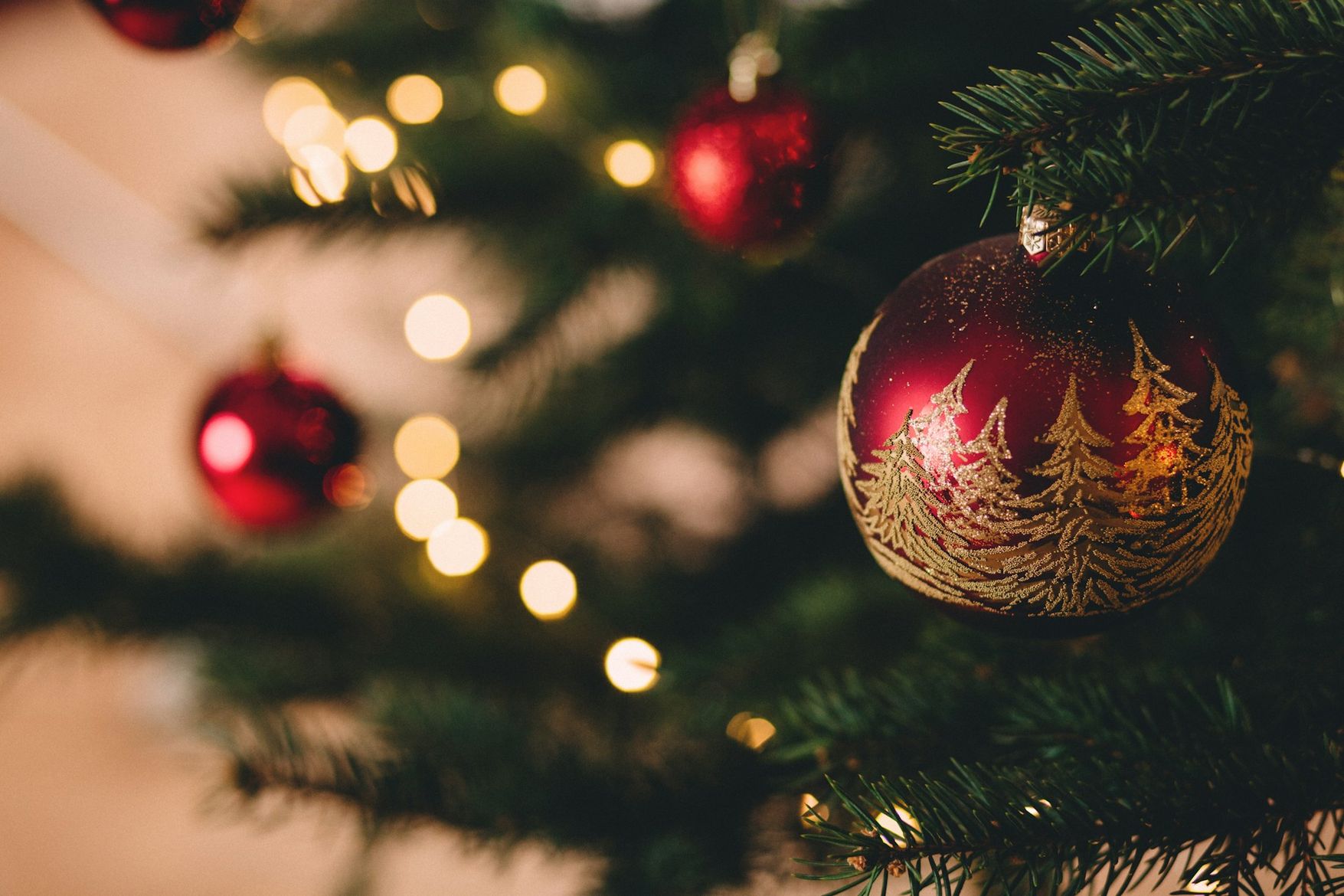
Christmas (Crăciunul) is traditionally celebrated in Moldova on 25 December and 7 January, according to the Julian calendar. It is a time of reflection, family and remembrance, characterised by special church services, the singing of Christmas carols and festive meals.
The diverse culture of Moldova
Moldova's culture, with its rich palette of culinary treasures and living traditions, stands as a testament to the resilience and richness of this country. This cultural diversity invites you not only to visit Moldova, but to experience it and find in its traditions a deeper understanding of the beauty and complexity of human culture.
Are you ready to gain new cultural impressions in Moldova?
Here you can find out more about toll regulations in Moldova so that you can travel around the country stress-free.
